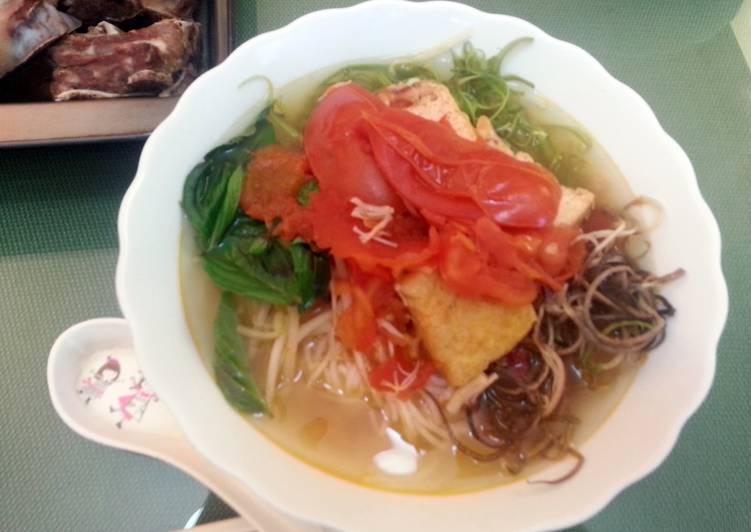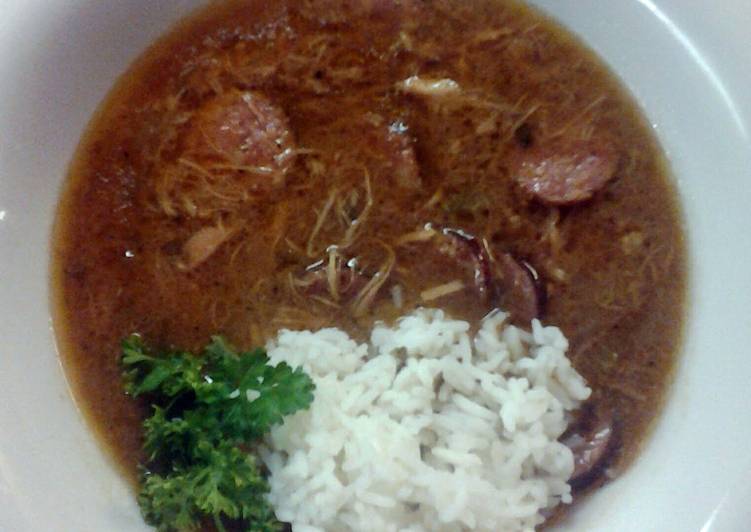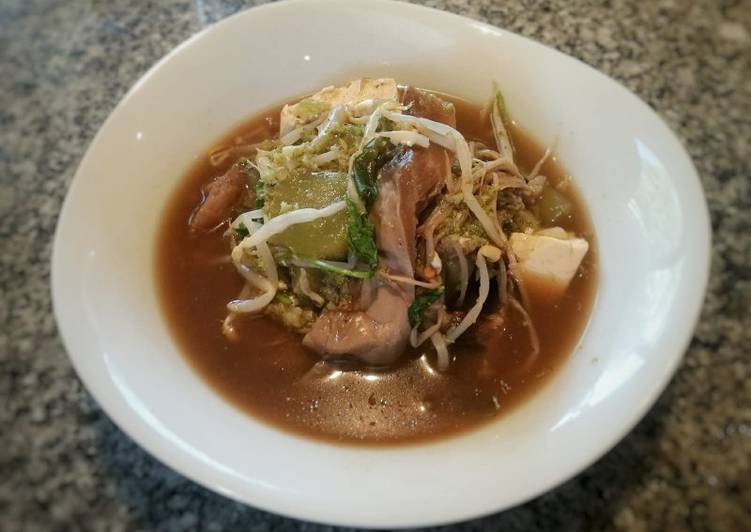
Hello everybody, I hope you are having an incredible day today. Today, we’re going to prepare a distinctive dish, bún riêu. One of my favorites food recipes. This time, I am going to make it a bit tasty. This will be really delicious.
Book at Riu Plaza Berlin Am Kurfurstendamm, Berlin. Choose from this and a huge range of healthy foods online at Healthy Supplies. Bún riêu is a traditional Vietnamese soup of clear stock and rice vermicelli. There are several varieties of bún riêu, including bún riêu cua (minced crab), bún riêu cá (fish) and bún riêu ốc (snail).
Bún riêu is one of the most popular of current trending foods on earth. It’s simple, it’s quick, it tastes delicious. It’s enjoyed by millions daily. Bún riêu is something which I’ve loved my whole life. They’re nice and they look fantastic.
To begin with this recipe, we have to prepare a few components. You can have bún riêu using 25 ingredients and 12 steps. Here is how you cook that.
The ingredients needed to make Bún riêu:
- Get Bún riêu
- Take pork back bones
- Prepare dried shrimps
- Take dried scallops
- Take roma tomatoes
- Prepare rice vermicelli (bún)
- Prepare fish sauce
- Get tofu puffs
- Make ready mixed Viet veggies
- Take basil
- Take bean sprout
- Make ready Viet ham
- Get cube ice (rock) sugar
- Make ready tamarind soup mix
- Get shrimp sauce
- Prepare salt
- Get chicken powder
- Get Egg steamed pork
- Take ground pork
- Prepare vegetable oil
- Take minced crab meat in spices (160 grams)
- Make ready chicken powder
- Make ready black pepper
- Make ready sugar
- Make ready eggs
Of all the dishes in my repertoire, Bun Rieu is one of the top Vietnamese soups I get asked to share my recipe about the most. If you have tried Pho and Bun Bo Hue, Bun Rieu should be the next noodle soup on your list of Vietnamese. Bun rieu (properly: bún riêu) is a Vietnamese vermicelli noodle soup featuring tomatoes and seafood - usually crab. The rieu in bun rieu means sea foam, and if made correctly, there is a crab meatball mixture that is supposed to look like seafoam and adds a punchy hit of umami to every bite.
Instructions to make Bún riêu:
- Defrost bones and ground pork
- Wash dried shrimp and dried scallops
- Boil pot of water with pork bones, remove bones and wash, then put in new pot of water with dried shrimp, dried scallops and a few cut up tomatoes
- Reduce heat to 3 heat once boiling, heat for 90 minutes and remove surface oil
- Take out bones and add remaining tomatoes
- Increase heat, add shrimp sauce, tamarind soup mix, chicken powder, ice sugar, salt and fish sauce. Top off pot with water
- Wash tofu puffs with hot water, put in pot and cook, then remove. Reduce heat
- Cook rice vermicelli separately as directed by package
- Cook fish tofu
- Wash bean sprout, Vietnamese vegetables, basil, slice Vietnamese ham
- Pour oil in plate and add minced crab meat with spices, ground pork and eggs
- Add chicken powder, black pepper and sugar. Mix well and steam for 23 minutes at high heat
Bun rieu (properly: bún riêu) is a Vietnamese vermicelli noodle soup featuring tomatoes and seafood - usually crab. The rieu in bun rieu means sea foam, and if made correctly, there is a crab meatball mixture that is supposed to look like seafoam and adds a punchy hit of umami to every bite. Like with most Vietnamese noodle soups, it's finished with a variety of meats and herbs and it. Bún riêu is a delicious Vietnamese rice noodle soup that has a slightly sweet and acidic tomato flavor and is loaded with crab, tofu, and shrimp. Bún means noodles and riêu refers to the big white blocks of crab cakes in the soup, which is traditionally made of pounded mini crabs and eggs.
So that’s going to wrap it up with this special food bún riêu recipe. Thanks so much for your time. I’m confident that you can make this at home. There is gonna be more interesting food at home recipes coming up. Remember to bookmark this page on your browser, and share it to your loved ones, friends and colleague. Thanks again for reading. Go on get cooking!

